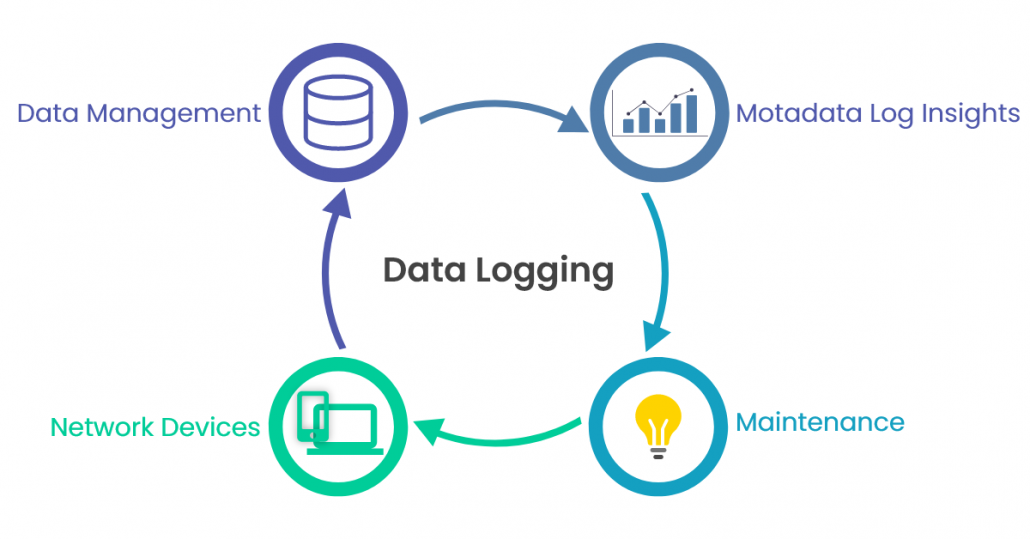In today’s data-driven industrial environment, data logging has become a cornerstone for process optimization, quality assurance, and compliance. By systematically recording operational parameters, sensor readings, and equipment performance metrics, data logging enables organizations to monitor, analyze, and improve their workflows across diverse industries.
Data logging involves the continuous or periodic collection of data from machines, sensors, and other devices. Modern systems capture a wide range of parameters, including temperature, pressure, humidity, vibration, and electrical signals. This information is stored locally or in the cloud, often in real time, providing operators and engineers with actionable insights.
One of the primary benefits of data logging is the ability to identify patterns and anomalies. For example, in manufacturing, analyzing logged data can reveal trends that indicate potential equipment failure, allowing for predictive maintenance and reducing unplanned downtime. In laboratories and healthcare settings, precise data records support quality control, regulatory compliance, and reproducibility of results.
Advancements in IoT and cloud computing have transformed traditional data logging. Modern loggers are equipped with wireless connectivity, secure cloud storage, and advanced analytics software. These features allow for remote monitoring, automated reporting, and integration with enterprise management systems, enabling informed decision-making across multiple sites.
Data logging also facilitates compliance with regulatory standards such as ISO 9001, FDA 21 CFR Part 11, and environmental monitoring guidelines. Detailed records demonstrate adherence to operational protocols, support audits, and help organizations mitigate risk.
Beyond compliance, data logging provides a foundation for continuous improvement initiatives. By leveraging historical data, organizations can optimize process efficiency, reduce energy consumption, enhance product quality, and improve safety measures. The insights derived from well-implemented data logging systems translate into tangible operational benefits and a competitive edge in the marketplace.
As industries increasingly embrace digital transformation, the importance of robust, intelligent data logging systems cannot be overstated. From predictive maintenance to regulatory compliance, these systems enable organizations to harness the power of data, transform operations, and drive sustainable growth.
Post time: Nov-12-2025




